Research Highlights
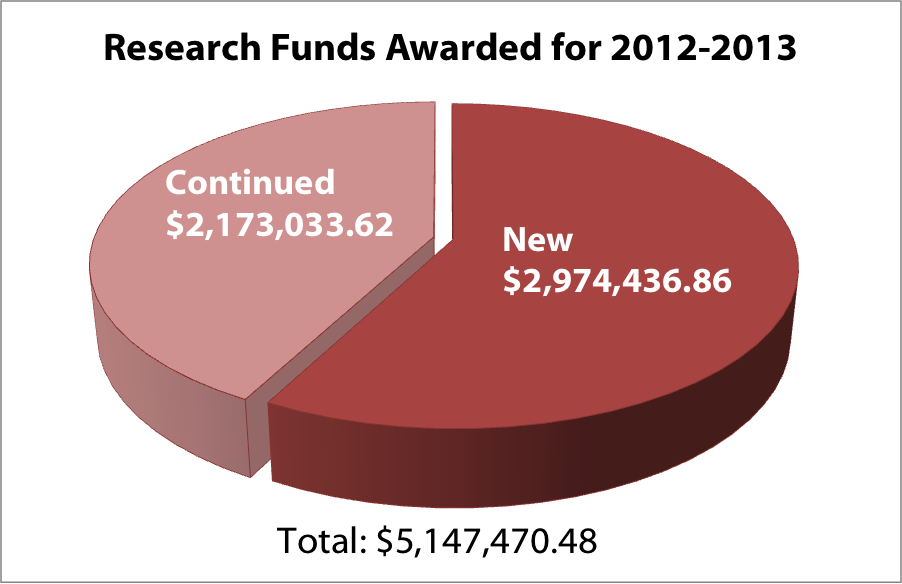
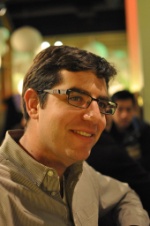 |
Steve FarberSteve Farber is quantitative transportation geographer and spatial analyst. His research program investigates how land use and transportation systems affect social and economic outcomes of urban areas. At the core of his research philosophy is the belief that travel behavior is a means through which land use and transportation systems are linked to social, economic and environmental conditions. Click here to read more on Farber. |
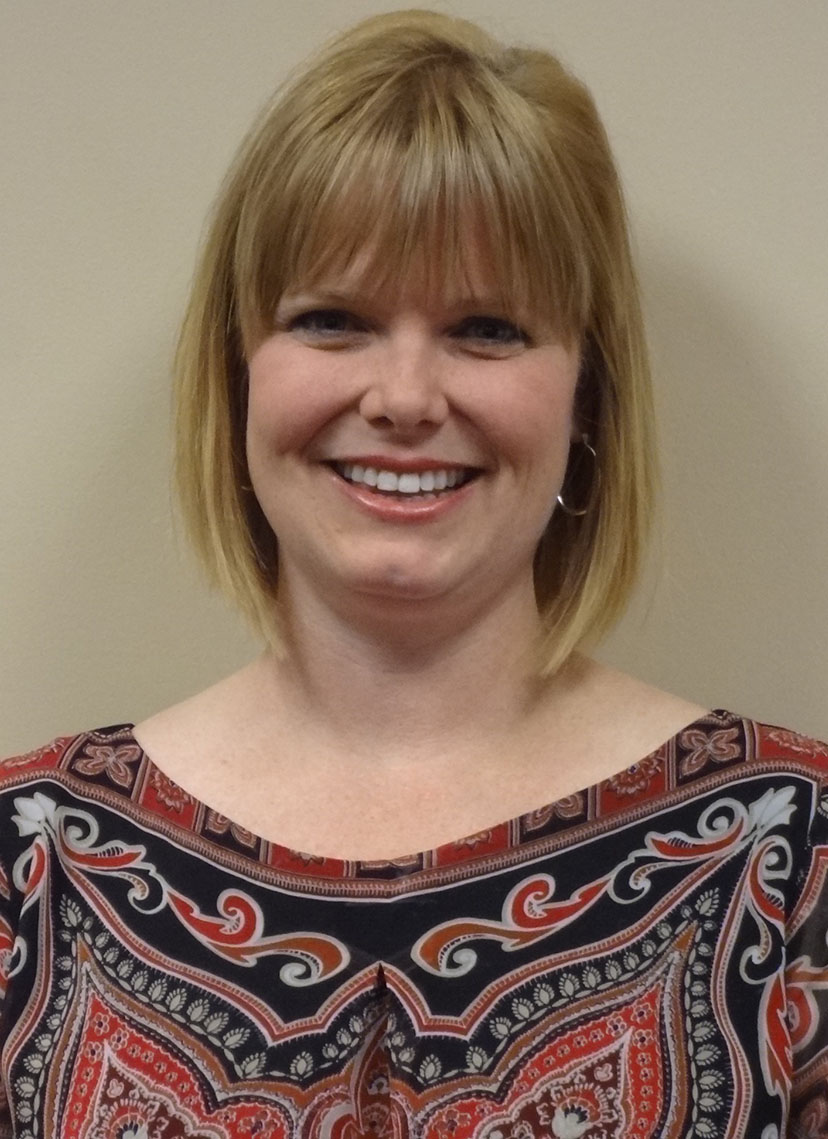 |
Rebecca UtzRebecca Utz is an associate professor of sociology. She teaches in the areas of population, research methods, and epidemiology. Her substantive research interests fall within the areas of health and aging, and specifically are related to childhood obesity, and end-of-life issues such as widowhood and caregiving. Click here to read more on Utz. |
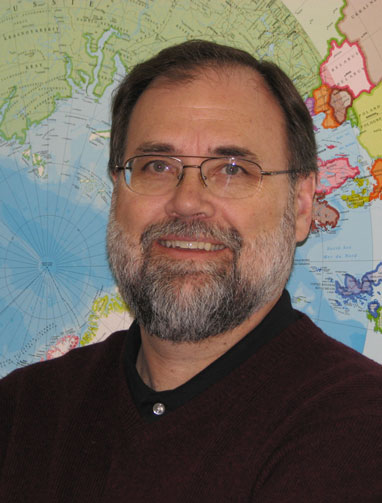 |
Dennis O'RourkeDennis O'Rourke is a population and evolutionary geneticist who uses quantitative methods to study genetic epidemiology of native America, Siberia and Arctic regions. He directs the University of Utah Ancient DNA Laboratory – a fully equipped molecular genetics lab focused on understanding population history in the North American Arctic. For the last ten years, O'Rourke and graduate students have spent summers conducting field work in various locations in the Arctic, especially in Alaska. Click here to read more on O'Rourke. |
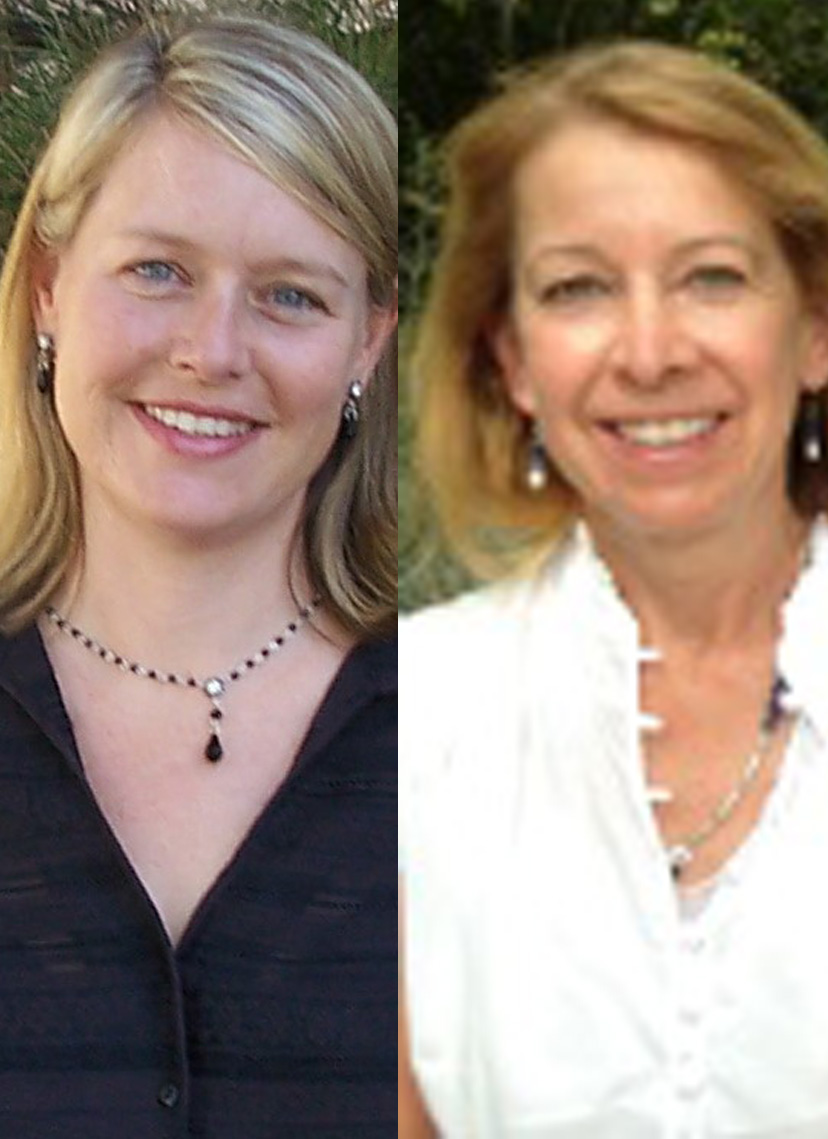 |
Marissa Diener and Cheryl WrightFamily and consumer studies professors Marissa Diener and Cheryl Wright are heads of the iSTAR program (www.istar.utah.edu), a strengths-based and family-focused educational/research program to develop technology talent in youth with ASD. One of their primary goals is to help youth with ASD and their families identify strengths that can be a foundation for creative, collaborative and job skills. Click here to read more on Diener and Wright. |
 |
Sarah Creem-RegehrSarah Creem-Regehr is a professor in the cognition and neural sciences area in psychology. Her research is focused in the areas of spatial cognition, embodied cognition, and perception and action. In other words, she studies humans' perception and understanding of their spatial environments and how this is influenced by their own capabilities and actions. Her approach relies on multiple methodologies in cognition and neuroscience as well as interdisciplinary collaboration. Click here to read more on Creem-Regehr. |
 |
Mark ButtonPolitical science chair Mark Button's primary field of research is political theory, focusing on the history of political thought, ethics, and deliberative democracy. His overall research agenda is driven by a commitment to draw upon the history of political thought to gain insights into some of the important moral and political challenges for our time. Click here to read more on Button. |
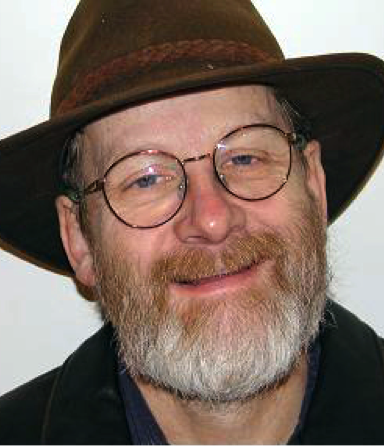 |
Peter PhilipsEconomics professor Peter Philips is a labor economist specializing in the construction labor market. He is the nation's recognized expert on the economics of prevailing wage laws that regulate the payment of wages on public construction and one of the foremost experts on the construction labor market. Click here to read more on Philips. |
